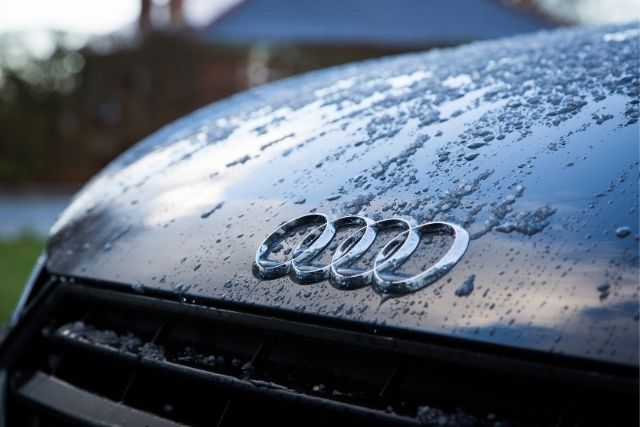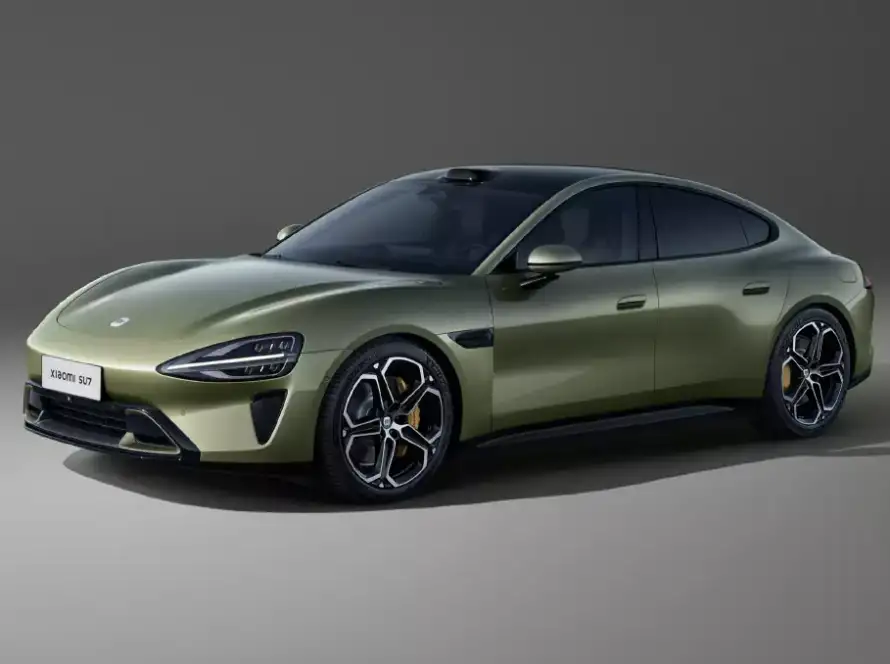As the European Union prepares to impose new import duties on vehicles manufactured in China, Chinese automakers are scrambling for alternatives. Among them, Nio is eyeing a bold move: taking over Audi’s struggling manufacturing plant in Belgium.
A Strategic Move to Avoid Tariffs
With potential EU import duties reaching up to 38%, Nio aims to sidestep these hefty tariffs by establishing a local assembly operation. According to Belgian newspaper De Tijd, Nio plans to submit an official offer for the Audi plant by September 23. By utilizing the facility for car assembly in Europe, Nio can significantly cut costs and enhance its competitive edge in the European market.
Audi Faces Workforce Protests
The Audi plant in Belgium has seen better days. The automaker, facing declining sales and internal strife, recently sent its nearly 3,000 employees home without pay after they protested for higher wages and job security. Tensions escalated to the point where workers staged demonstrations outside the facility, even burning tires to make their frustrations known. This turmoil has created a unique opportunity for Nio, which is well aware of Audi’s predicament and can leverage this knowledge to negotiate a favorable deal.
Uncertain Future of Audi
Prior to Nio’s interest, local media speculated that the factory’s fate was dire. Audi’s parent company, Volkswagen, announced that it had no plans to produce new models at the plant. While Audi is currently manufacturing the Q8 E-Tron in Brussels, sales have fallen far short of expectations. The automaker has indicated that production of the Q8’s successor will move to Mexico and China, further diminishing the plant’s prospects.
If Nio successfully acquires the plant, it would mark a significant expansion of its presence in Europe. However, the company has a complicated history with Audi; it previously faced legal challenges over similar model names. Despite this rocky past, Nio seems poised to make a fresh start.
Nio isn’t alone in its quest for European manufacturing capabilities. Other Chinese brands are also establishing their footholds. BYD is already constructing a plant in Hungary, aiming for an annual capacity of 300,000 vehicles. Meanwhile, SAIC Motor is exploring sites in Spain and Hungary for a new factory to produce MG-branded vehicles.
A Growing Trend in the EV Market
The trend of Chinese automakers establishing local manufacturing is not just about evading tariffs; it’s also a strategic response to the growing demand for electric vehicles (EVs) in Europe. Companies like Chery and Leapmotor are forging partnerships and creating production facilities to cater to local markets, further underscoring the shift in the automotive landscape.
As Nio prepares to make its move on Audi’s Belgian plant, the outcome could have far-reaching implications for both companies and the broader EV market. With a strong strategy and a commitment to overcoming past challenges, Nio is poised to carve out a significant niche in Europe’s rapidly evolving automotive sector.



